A new report from the YWCA suggests American women are dangerously obsessed with looking beautiful. Here’s what you need to know.
 “Drop Dead Gorgeous.”
“Drop Dead Gorgeous.”
“Dying to have it. “
“A look to die for.”
If researchers are right, it may be more than mere coincidence that beauty and pain are so frequently intertwined in pop culture.
Indeed, a new report released this week from the YWCA contends that American women are obsessed with the pursuit of perfection – and paying for it in painful ways we may not even realize.
“What’s really new here is the sheer extent to which women and girls are willing to go – literally causing physical harm – to be ‘beautiful’ according to the standards perpetuated by a youth-obsessed media culture with literally thousands of messages 24 hours a day,” said YWCA USA CEO Dr. Lorraine Cole.
Titled “The Beauty Report” the data is gleaned from studies conducted over the last several years by a variety of researchers. But Cole says the common thread that runs through them all is the clear evidence of womens obsession with the pursuit of beauty – as well as the pursuit of an idealized body image most of us will never obtain. And she says, doing so produces a life-long burden that eventually takes a physical and emotional toll on our mental and physical health.
Among the numbers in the report with the most impact:
* 80% of women say they are very unhappy with the way they look.
* 67% of women aged 25 to 45 are trying to lose weight – even though 53% of them were considered to be a "healthy" weight.
* While 40% of newly diagnosed cases of eating disorders – like anorexia or bulimia – are found in girls between the ages of 15 and 19, symptoms of the disorder are now showing up as early as kindergarten.
* American women spend almost $7 billion dollars a year on products used in the pursuit of beauty. Over a 5 year period that translates into 1 year of college tuition. Invest just half of that sum into a savings account for 10 years and end up with nearly $10,000.
But perhaps the most telling aspect of this report had less to do with our individual pursuit of beauty - or the dollars we spend pursuing it- and more to do with how that pursuit is so deeply intertwined with peer acceptance.
I’m talking about what I like to call the “beauty bullies “ – you know who they are, that clique of cute-girls who pick on less-cute-girls because of how they look. According to the report this behavior not only influences our relentless pursuit of beauty, it has seen an alarmingly steady rise since the 1990s.
What’s even more interesting – at least from the 40 something gals point of view - is that this behavior doesn’t seem to end at the Senior Prom. Often these "beauty bullies" carry their peer pressure tactics right onto the college campus, into the sorority house and eventually, down the hallowed halls of some of America’s biggest corporations.
How bad is it? According to the report “lookism” - a term coined to describe prejudice based on appearance - is an increasingly prevalent equal opportunity employment issue. In one analysis researchers found that those who were considered less attractive actually earned 9% less than those who were considered good looking.
Many believe it is the same "beauty bullies" we met in junior high school that are now driving the "lookism" movement against other women in the business world.
The Pursuit of Beauty: Can It Ever Be Healthy?
While the report served to raise some important issues, in my opinion it also overlooked a few.
Indeed, it failed to address the idea that at least part of the increased interest in beauty products and cosmetic treatments has to do with the fact that they are simply more available - both in terms of convenience and affordability.
While our mothers and grandmothers were hard pressed to find anything more than a jar of Ponds Cold Cream to soothe their furrowed brows, today, the selection of treatments – as well as what they can accomplish and their relative affordability - places the pursuit of self improvement in tantalizingly close reach.
In this respect the report may have been a little harsh on those who are able to simply take advantage of what the beauty and medical industry has to offer - - which can be done safely, and without obsession.
That said, the real issue that seems to be at stake here is not so much the fact that women are in hot pursuit of the perfect face or body, but rather the feeling that they have no choice in the matter.
Be it acceptance among their peers, in the workplace, or in the high stakes world of love and romance, once a woman is made to believe that being herself is no longer good enough, she is in marked danger of crossing that nearly invisible line that separates healthy self improvement from dangerous beauty obsession.
Left untended, those feelings of self doubt can cripple us with depression, anxiety, phobias - and at it's worst lead us deep into addictions, domestic violence, and self hatred so strong it can eventually kill us.
So I guess the real importance in the Beauty Report is not so much to tell us that we shouldn’t yearn for that fabulous new red Dior lipstick or covet those wrinkle relieving Botox injections - or do what we can to get them. The key, it seems is not to feel any less about ourselves if those yearnings are never realized. We really are okay just the way we are.
One final point to consider: It's not just a matter of being less hard on ourselves - as women, we also have an obligation to stop being so hard on each other.
You might also enjoy reading:
Respecting Obesity With New Legislation
Hope or Hype: Can You Really Look Younger?
Or visit http://www.reddressdiary.com/ - The Source for Fabulous Women Over 40!




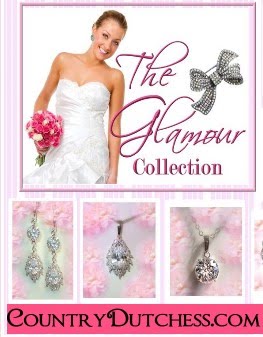





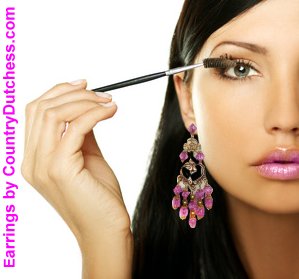
























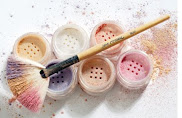
















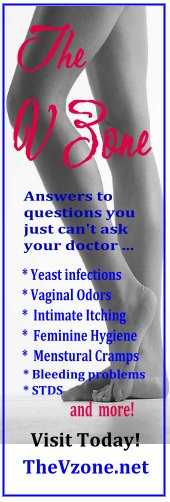

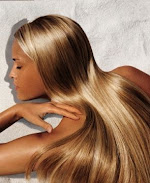












The Beautiful Women Project believes that it is the sum of a woman's life experiences that makes her beautiful. Beauty is something that we all own - it isn't something that we can purchase from the beauty counter or find when we hit a designated number on our bathroom scale. It is how a woman meets her challenges and carries her experiences that defines her beauty, and we all need to take the time to become aware of what makes us beautiful as we stand today. The thirty five women profiled in The Beautiful Women Project are role models for us us - they share their life stories and through them we can all find a piece of our beautiful selves.
ReplyDelete